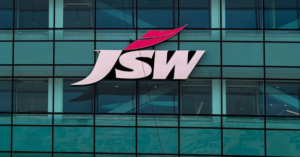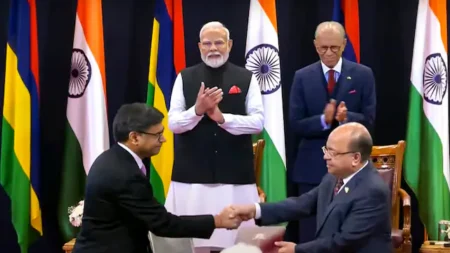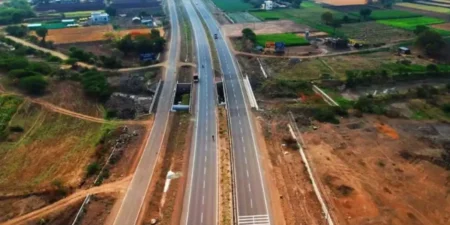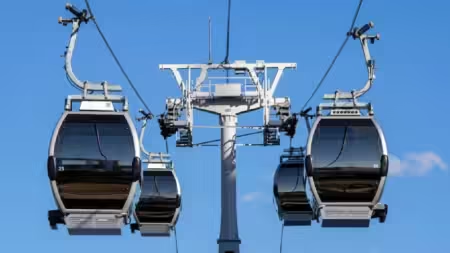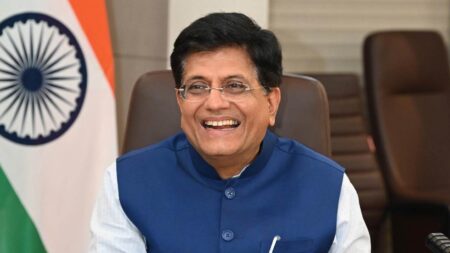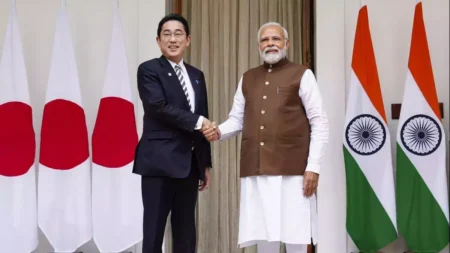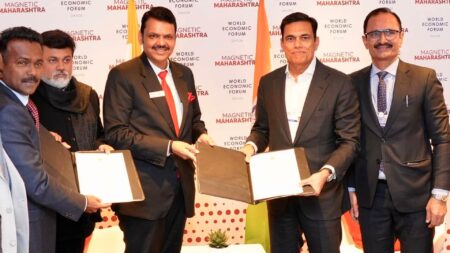Chief Minister Ashok Gehlot unveiled a series of infrastructure development projects in Jaipur, totaling more than Rs 1,400 crore. The projects include the city’s inaugural signal-free initiative and the expansion of the metro rail network.
In the first phase of the metro rail project, known as phase 1-C, Gehlot laid the foundation stone for the expansion connecting Badi Chaupar to Transport Nagar, with an intermediate stop at Ramganj. This phase will encompass a 2.85 km stretch, featuring 0.59 km of elevated metro and 2.26 km of underground rail.
Gehlot also embarked on a journey in the underground metro from Chandpole to Badi Chaupar station, emphasising the speedy progress of the metro initiative that commenced in 2009 and conducted trials in record time by 2013.
Furthermore, Gehlot inaugurated the two-story underground parking facility at Ramnivas Bagh, accommodating 1530 cars. An underpass at Lakshmi Mandir Tiraha was also inaugurated, accompanied by the unveiling of statues commemorating freedom fighters.
The chief minister laid the foundation stone for satellite hospitals at Tonk Road Shivdaspura, Agra Road Kanota, and Ajmer Road Balmukundpura. Additionally, he initiated the foundation stone laying for an underground parking facility near the high court. Gehlot also inaugurated the Sylvan Biodiversity Forest on Agra Road, covering 113 hectares of land.
In a commitment to improve public amenities, Gehlot announced a renovation project worth approximately Rs 120 crore for the enhancement of facilities at the Govind Devji temple. Additionally, he allocated Rs 10 crores for the renovation of the Idgah area near Galta Gate, focusing on access roads and facility expansion.
The renovation plan for the Govind Devji temple includes an entry gate, drainage system upgrades, fountain construction, toilet facilities, and parking enhancements. The Idgah area will see improvements to the prayer hall as part of its development efforts.

